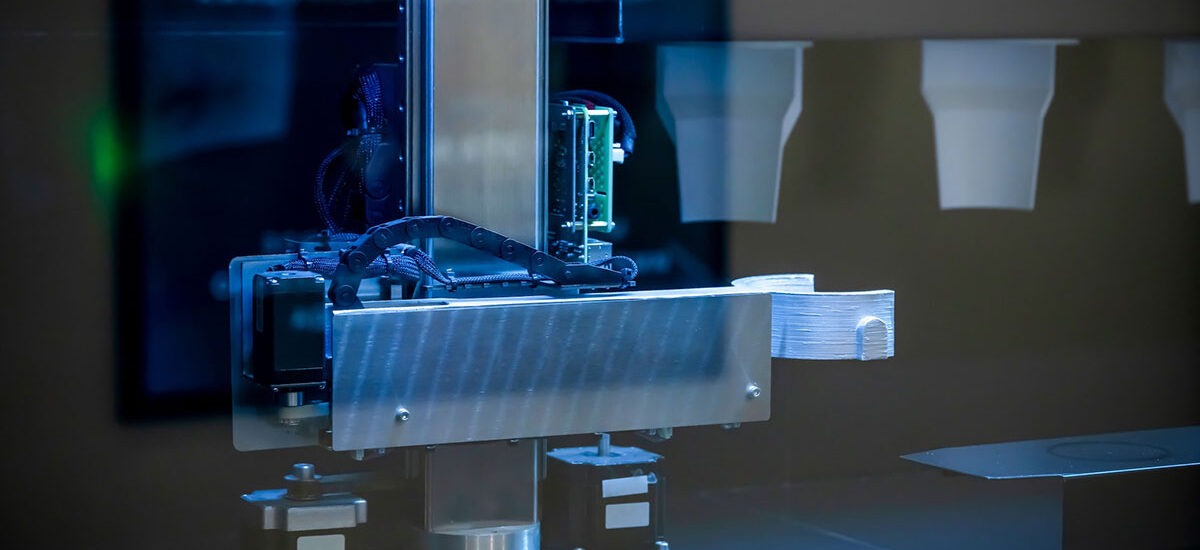In the ever-evolving landscape of technology, artificial intelligence (AI) stands out as a transformative force that is not only enhancing productivity but also reshaping the way we live and work. Rather than replacing human capabilities, AI is augmenting them, making people more efficient and effective in their roles. By automating routine tasks and providing intelligent insights, AI is enabling individuals and businesses to achieve unprecedented levels of performance and innovation. Here’s a closer look at how AI is transforming industries and changing lives, along with some practical scenarios showcasing its impact.
Enhancing Human Capabilities
AI is designed to complement human skills, allowing people to focus on what they do best—creativity, problem-solving, and critical thinking. Here’s how AI is enhancing human capabilities across various sectors:
- Healthcare: In the medical field, AI-powered diagnostic tools can analyze medical images and data to assist doctors in diagnosing diseases with greater accuracy. This allows healthcare professionals to spend more time on patient care and complex medical decisions.
- Education: AI-driven educational platforms provide personalized learning experiences, adapting to the needs and pace of each student. Teachers can leverage AI to identify learning gaps and offer targeted support, enhancing the overall educational experience.
- Finance: In finance, AI algorithms analyze vast amounts of data to detect fraudulent activities, predict market trends, and optimize investment strategies. Financial professionals can then make more informed decisions and offer better advice to clients.
- Customer Service: AI chatbots handle routine inquiries and support requests, allowing customer service representatives to focus on more complex issues. This leads to faster response times and improved customer satisfaction.
Scenarios: AI in Action
Let’s explore a couple of scenarios where AI is making a significant impact by enhancing human efficiency and effectiveness.
Scenario 1: A New Employee’s First Day
Imagine Sarah, a new employee at a large corporation. On her first day, she is introduced to the company’s AI-powered onboarding assistant. This intelligent assistant helps Sarah navigate her new role by providing instant answers to her questions, such as how to access the company’s intranet, where to find HR policies, and how to set up her work email.
The AI assistant also schedules her training sessions, sends reminders for important tasks, and even connects her with colleagues who can help her settle in. With AI’s support, Sarah quickly becomes familiar with her new workplace, reducing the time and stress typically associated with starting a new job. This seamless integration not only boosts Sarah’s productivity but also enhances her overall job satisfaction.
Scenario 2: Enhanced Customer Support
John works as a customer support agent for a tech company. His daily routine involves handling numerous customer inquiries, ranging from simple troubleshooting to complex technical issues. With the integration of an AI-powered support system, John’s workflow becomes more efficient.
The AI system automatically categorizes and prioritizes incoming requests, providing John with a clear overview of what needs immediate attention. For routine questions, the AI suggests relevant solutions from the company’s knowledge base, allowing John to quickly resolve issues. For more complex problems, the AI offers detailed insights and recommended actions, helping John provide more accurate and effective support.
As a result, John can handle a higher volume of requests without compromising on quality. Customers receive faster, more accurate responses, leading to higher satisfaction rates. John’s role becomes more fulfilling as he can focus on resolving challenging issues and improving customer experiences.
Transforming Industries with AI
AI is not just enhancing individual roles; it’s also driving innovation and efficiency across entire industries. Here are a few examples:
- Manufacturing: AI-powered predictive maintenance systems analyze data from machinery to predict when maintenance is needed, reducing downtime and extending the lifespan of equipment. This leads to more efficient production processes and cost savings.
- Retail: AI algorithms analyze customer behavior and preferences to optimize inventory management, pricing strategies, and personalized marketing campaigns. Retailers can offer a more personalized shopping experience, increasing customer loyalty and sales.
- Transportation: AI is revolutionizing transportation with autonomous vehicles, smart traffic management systems, and predictive analytics for logistics. These advancements improve safety, reduce congestion, and enhance the efficiency of supply chains.
- Agriculture: AI-driven precision agriculture tools monitor crop health, optimize irrigation, and predict yields. Farmers can make data-driven decisions to maximize productivity and sustainability.
Embracing the Future with AI
The integration of AI into various aspects of our lives and industries marks a new era of innovation and efficiency. By augmenting human capabilities, AI empowers individuals to achieve more and businesses to operate at higher levels of performance. As we continue to embrace AI, it’s crucial to focus on collaboration between humans and machines, ensuring that AI serves as a tool to enhance our abilities and improve our quality of life.
In conclusion, AI is transforming industries and changing lives by making people more efficient and effective in their roles. From assisting new employees in their onboarding process to revolutionizing entire sectors, AI is driving a future where human potential is maximized, and new possibilities are unlocked. As we move forward, the synergy between human intelligence and artificial intelligence will continue to shape a brighter, more innovative world.


